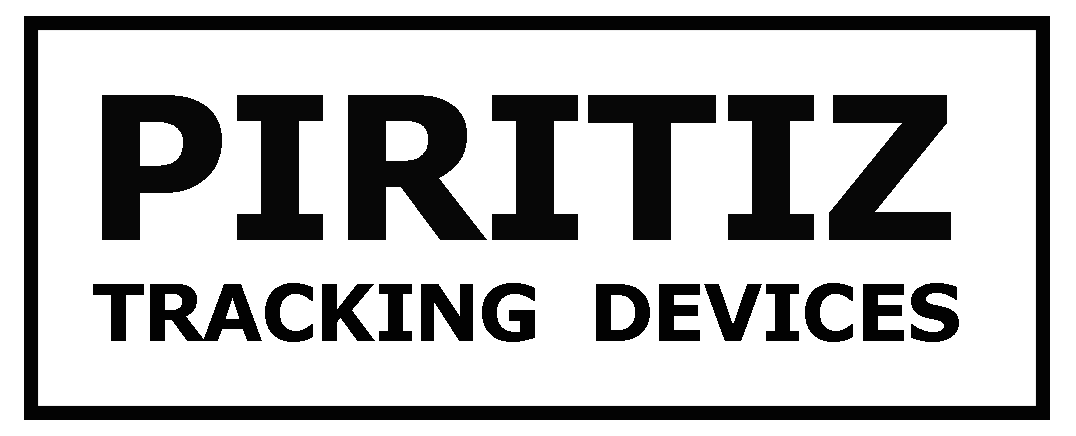In today’s fast-paced world, efficient fleet management is crucial for businesses that rely on transportation to deliver goods and services. Fleet managers face the challenge of optimizing routes, monitoring vehicle health, ensuring driver safety, and minimizing operational costs. This is where GPS trackers come into play, revolutionizing the way fleet management is conducted. In this article, we will explore how GPS trackers are proving to be an indispensable tool for tracking fleets, enhancing operational efficiency, and delivering a range of benefits.
Real-time Tracking
One of the most significant advantages of GPS trackers in fleet management is real-time tracking. Fleet managers can monitor the exact location of each vehicle on a digital map, providing a clear overview of the entire fleet’s activities. Real-time tracking enables managers to make informed decisions, adjust routes on the fly, and reroute vehicles in case of unexpected traffic, road closures, or accidents. This feature minimizes delays and ensures timely deliveries, boosting customer satisfaction.
Route Optimization
GPS trackers offer intelligent route optimization capabilities that lead to reduced fuel consumption, lowered maintenance costs, and increased driver productivity. Fleet managers can analyze historical data and real-time traffic information to identify the most efficient routes for each vehicle. By avoiding congested roads and selecting the shortest paths, businesses can save time and money while contributing to a greener environment by reducing carbon emissions.
Enhanced Driver Safety
GPS trackers play a vital role in enhancing driver safety. Fleet managers can monitor driver behavior in real time, tracking speed, braking, acceleration, and adherence to traffic rules. By identifying unsafe driving practices, managers can provide timely feedback and implement training programs to improve driver behavior. This not only reduces the risk of accidents but also lowers insurance premiums and ensures compliance with safety regulations.
Maintenance and Diagnostics
Regular vehicle maintenance is essential to prevent breakdowns and extend the lifespan of fleet vehicles. GPS trackers can monitor engine diagnostics and send alerts when maintenance is due based on factors like mileage or engine hours. This proactive approach allows fleet managers to schedule timely maintenance, reducing unplanned downtime and costly repairs. By addressing maintenance needs promptly, businesses can keep their fleet in optimal condition and avoid disruptions to their operations.
Geofencing
Geofencing is another powerful feature offered by GPS trackers. Fleet managers can define virtual boundaries or geofences around specific areas, such as customer locations, warehouses, or restricted zones. Whenever a vehicle enters or exits these predefined areas, managers receive instant notifications. Geofencing helps prevent unauthorized vehicle use, ensures that vehicles stay within designated routes, and provides valuable insights into driver behavior and route compliance.
Data-Driven Decision Making
GPS trackers generate a wealth of data that can be leveraged for informed decision making. Fleet managers can access detailed reports and analytics on vehicle performance, driver behavior, fuel consumption, and more. By analyzing this data, businesses can identify trends, uncover operational inefficiencies, and implement strategies to optimize their fleet management processes continually.
Conclusion
In an era where efficient fleet management is paramount for businesses, GPS trackers have emerged as a game-changing technology. Through real-time tracking, route optimization, driver safety enhancement, maintenance alerts, geofencing, and data-driven insights, GPS trackers empower fleet managers to streamline operations, reduce costs, improve customer satisfaction, and achieve sustainable growth. As technology continues to evolve, it is clear that GPS trackers will remain an indispensable tool for businesses seeking to maintain a competitive edge in the dynamic world of fleet management.
